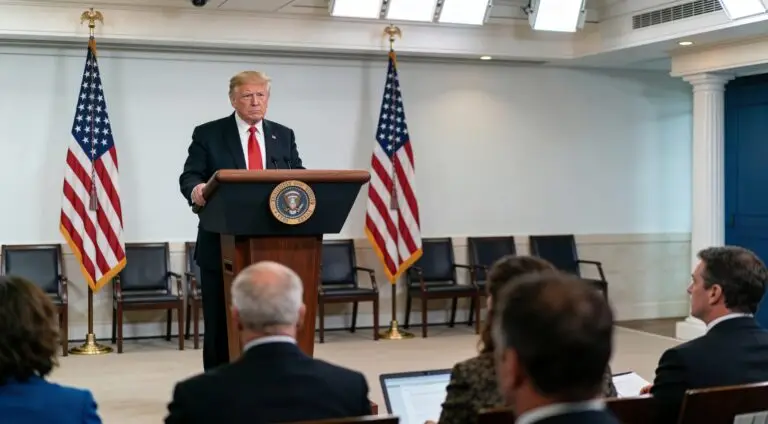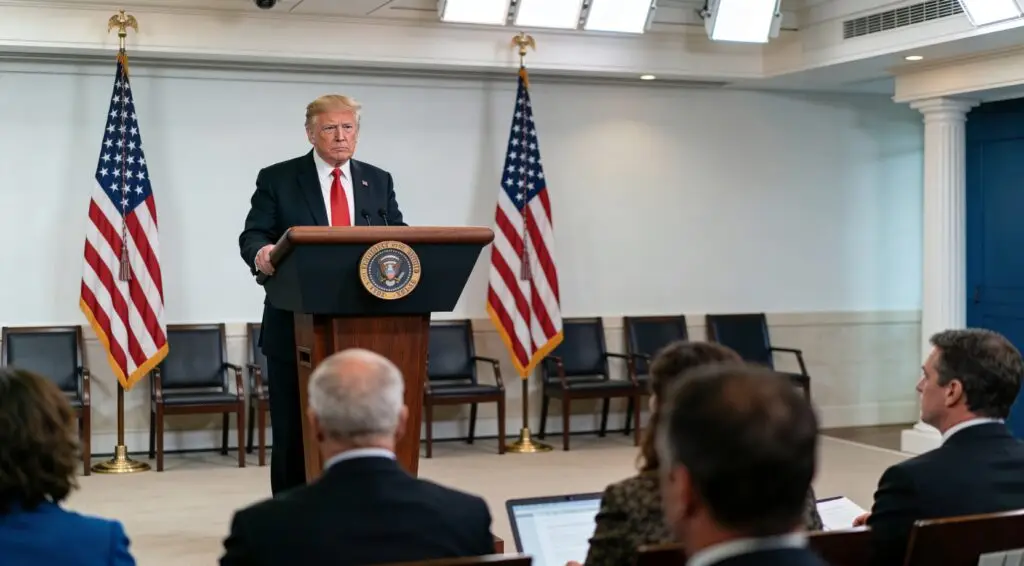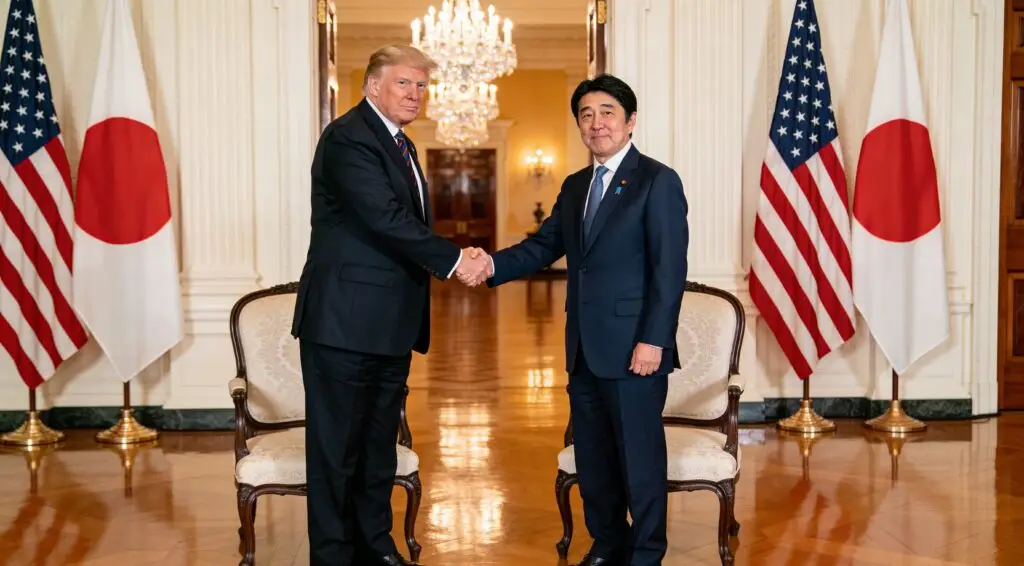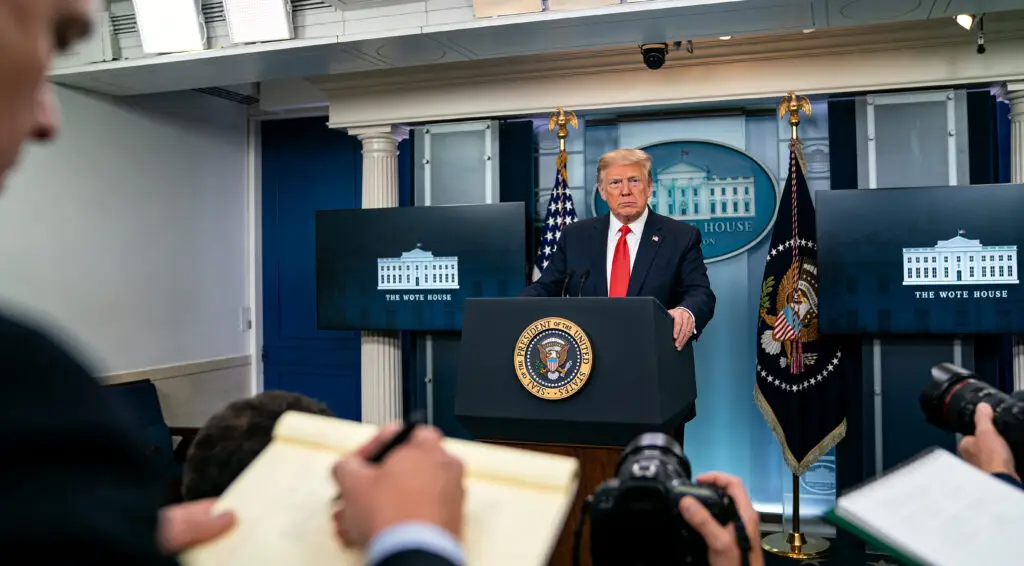A legal counsel working for Mike Lindell , My Pillow’s CEO, on a defamation case has come under fire after a federal judge flagged their brief for containing fundamental errors, including the omission of quotes and the citation of fictitious cases, which in itself points to the undisclosed employment of AI technology.
The chilling revelation has forced the judge to step into the matter, demanding an explanation while considering punitive measures against the lawyers in addition to their firm, all while pondering AI’s unquarantined use in the legal field and its need for regulation and the use of a legal framework.
A Judge’s Wrath and Thirty Blunders.
The district judge of the Americaud court seems indignant toward the legal brief questioning that was provided by lawyers of record Kachourff and DeMaster. Per the legal papers lodged in the court, she noticed almost thirty faulty references within the opposition pleading, which she considered unquotable in the nature of fundamental legal principles. Recognition of basic principles of law leads towards monotonous quotes disallowed by cutative judicial decisions, with some quotations leading to ratios that simply ceased to exist within quoted judicial documents.
In a tight case, Judge Wang issues a compelling order. According to it, Kachouroff and DeMaster, as well as their law firm and individual lawyers involved, must explain why they should not be penalized. Clearly, the judge’s order is the result of apprehension regarding the magnitude of blunders and the repercussions that may follow.
Also, both lawyers have been asked to justify why their conduct calls for disciplinary action on account of alleged breaches of the rules of professional ethics, which could be highly damaging to their careers in law.
An Accidental Upload? The Attorneys’ Explanation
In this respect, Mr. Kachouroff and Ms. DeMaster defended themselves, stating that they filed a motion but did not submit the final corrected one as was required. They emphasized that the version they intended to file did not include any errors. Judge Wang, it seems, is not the least bit moved, nor is he convinced by that explanation.
The AI Admission: Absence of Opacity
Wang has noted a particularly troubling dimension of the case—the lawyers’ self-imposed secrecy concerning the application of generative artificial intelligence in preparing the work. “I think it was only as a result of this Court directly asking Mr. Kachouroff whether or not generative artificial intelligence was utilized in creating ‘The Opposition’ that he acknowledged his employment of generative artificial intelligence,” she indicated a degree of opacity within the legal team with respect to their processes.
The judge also noted that Mr. Kachouroff admitted that he did not take the procedural step of checking the AI-generated documents for references, relevance, and accuracy in the opposition pleading, fully realizing that absent action on Rule 11 of the Federal Rules of Civil Procedure, alleged perjury in relation to lying about the documents being authentic would place upon him severe legal consequences as an attorney.
A High-Stakes Defamation War: The Lindell Case
The contour of the case is Eric Coomer against Mike Lindell, MyPillow, Inc., and FrankSpeech, which the Center for Countering Digital Hate identifies Dominion Voting Systems as the plaintiff and Lindell as Part 1 defendant and MyPillow as the corporate defendant. The sketchy legal document was lodged over a month ago in regard to the active and well-known defamation case.
The lawsuit is a result of Mr. Lindell’s unwavering endorsement of Donald Trump along with the unproven claims of rampant fraud in the voting process during the 2020 presidential elections. Historically troublesome fraud allegations that Dominion Voting Systems denies firmly. The application of AI technology to such a politically sensitive and legally important matter adds further scrutiny to the incident.
Wider Effects: The Impact of AI on the Legal Sector
The case reinforces the impact of rapidly evolving technology on a previously traditional field like law. The same advances in AI technology that promise efficiency gains while performing legal tasks such as research and drafting documents make this case crucial in demonstrating the balance that is needed considering trust in content produced by AI systems. The legal community will surely follow the outcome of the sanctions and disciplinary action investigations, anticipating what precedent will be set for trust in the safeguards against the misuse of AI technology in legal proceedings.















